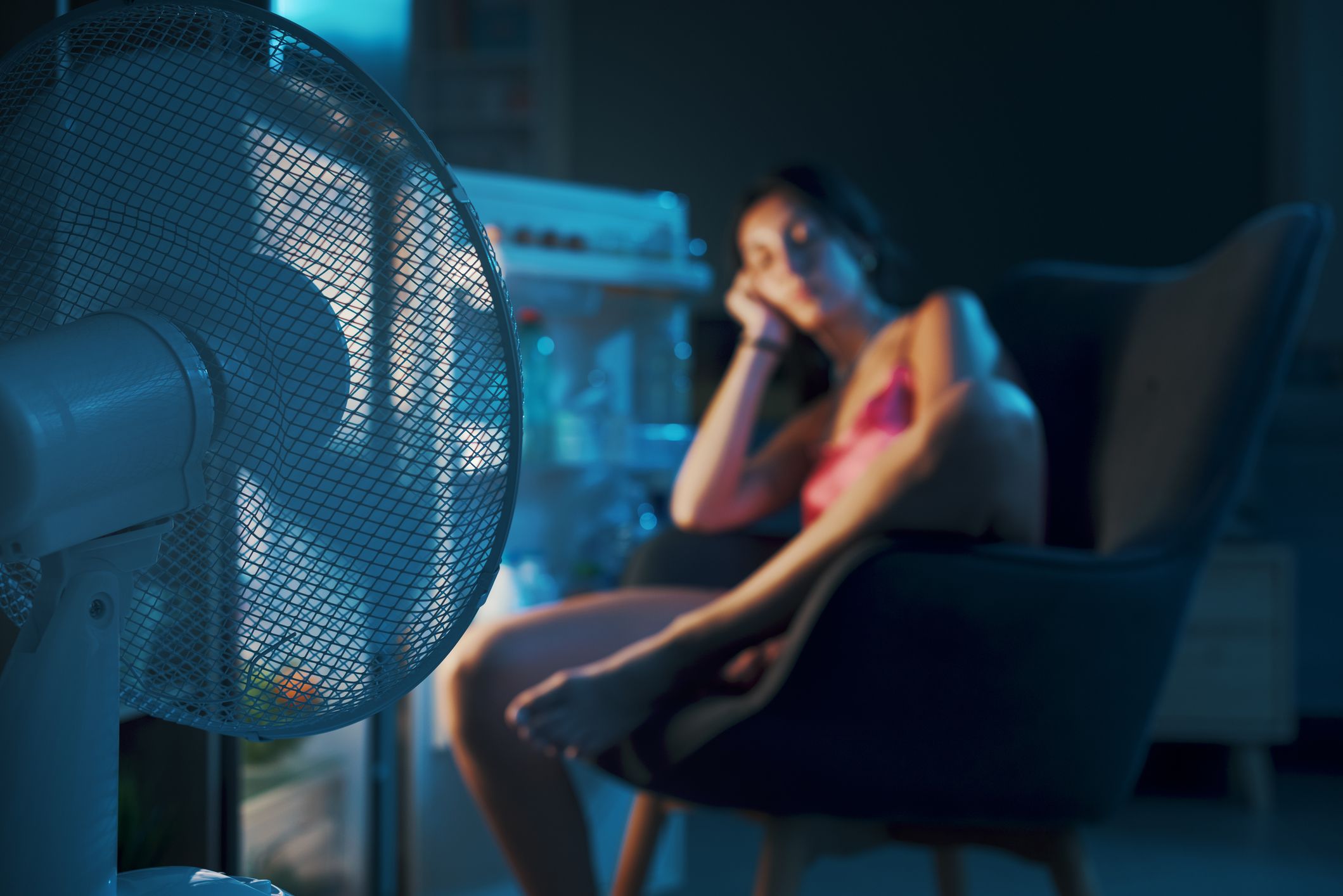Vasomotor symptoms (VMS) are the most commonly reported symptoms in the years leading to and following menopause. The condition is characterized by the occurrence of hot flashes and night sweats, episodes where a person suddenly feels overly warm or hot. Episodes also cause sweating, flushed skin, and rapid heartrate. These episodes typically last between one and five minutes.
In addition to being uncomfortable, VMS can also be embarrassing (for example, when episodes occur at work) and disruptive to a person’s normal life (especially when severe and/or frequent).
There are several medications that a healthcare provider can prescribe to help ease and manage VMS. The choice of medication will depend on different factors, and different medications work better for different people.
When starting any medication for any reason, it’s important to understand how the medication works, the goals of taking the medication, and the potential risks and benefits.
Here is a quick discussion guide to help during your appointment.
What your healthcare provider needs to know
When prescribing any medication or recommending any treatment, your healthcare provider will take into account multiple factors about your overall health, your medical history, and your habits and lifestyle.
- Tell your healthcare provider about all medications you are taking, including prescription medications, over-the-counter medications, and any supplements (such as dietary supplements and herbal supplements).
- Discuss your medical history, including any medical conditions, surgeries or other procedures, pregnancy, illnesses, and treatments for conditions that you have received in the past.
- Talk about your current lifestyle and habits, including diet, activity level, sleep schedule, weight, and habits like tobacco use, alcohol consumption, and recreational drug use.
- Ask if there any tests or exams that you should schedule before beginning a medication for VMS. For example, tests that look at bone density, cardiovascular health, and the thyroid gland.
- Other menopausal symptoms you are experiencing. Common examples include changes in mood, brain fog, difficulty sleeping, and discomfort during sexual intimacy or loss of interest in sexual intimacy.
Questions about the medication
VMS begin in the hypothalamus, a part of the brain that helps regulate temperature (as well as many other important functions). During menopause, fluctuating hormone levels can disrupt normal heat regulation. Some medications for VMS work by boosting hormone levels. Others (including certain antidepressants) work by acting on the central nervous system to regulate temperature.
Here are some questions to ask when prescribed a medication:
- What is the name of the medication and how does it work?
- Is this medication approved for VMS? Is it prescribed off-label?
- Why are you recommending this medication?
- How long will it take before symptoms improve? What if symptoms do not improve?
- Will I feel any different taking this medication?
- Are there long-term risks associated with this medication?
- What side effects should I watch for, and what do I do if I experience a side effect?
- What other treatment options do I have if this medication does not work?
- Is there anything I need to avoid doing while taking this medication?
- Can this medication interact with other medications?
- What does the medication cost?
Get clear instructions about dosing and storage
Always have clear instructions on how to take a medication and how to store a medication.
Know the dosage, how often to take each dose, the time of day to take each dose, and if a medication needs to be taken with food. Ask what to do if you miss a dose. Ask how to store a medication to avoid damaging it.
If you have questions about a medication you are prescribed, you can also ask your pharmacist.
Ask what you can do to get the most out of treatment
Lifestyle changes can also help with menopause. Talk to your healthcare provider about the things you do during a normal day and a normal week. Ask if there are any changes that can help ease and manage menopausal symptoms, such as changes to diet, caffeine consumption, being more active, and working with a counselor or support group.






